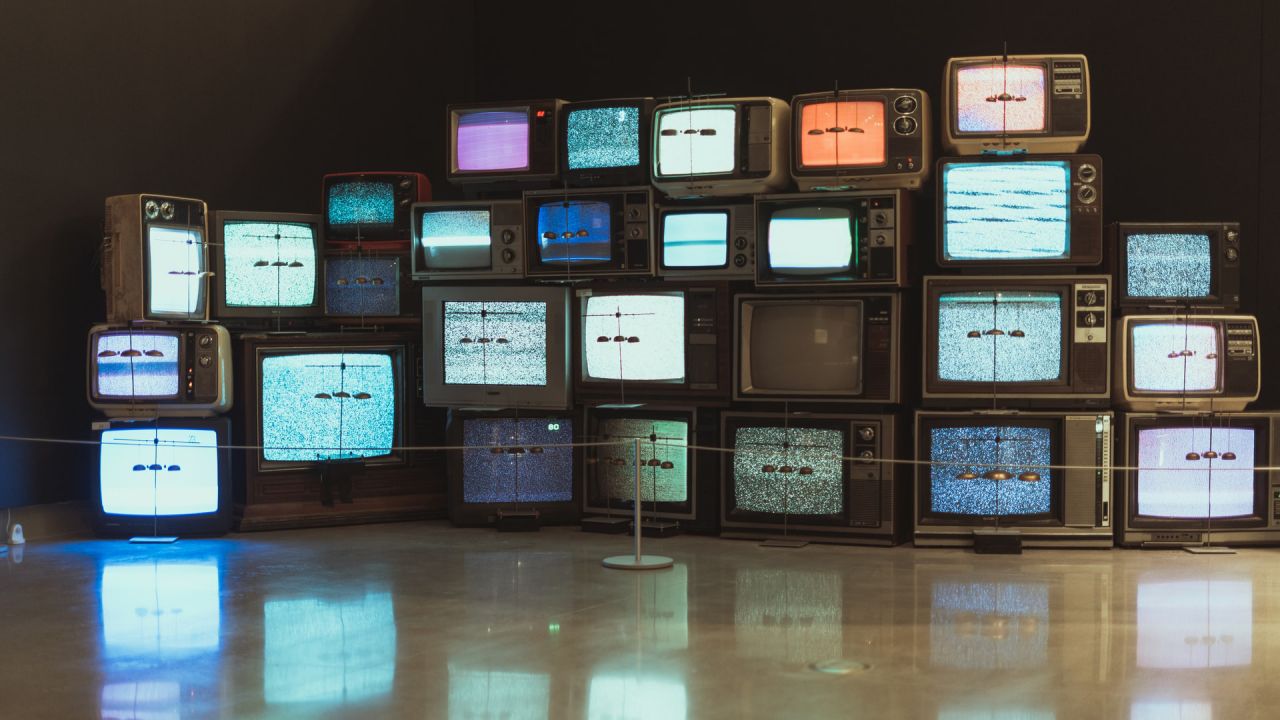"We’ve just dropped the final five episodes of Industry so no need to wait a week to find out what happens to the graduates at Pierpoint."
There was a collective sigh of dismay across my WhatsApp group when this came through from the BBC iPlayer mailing list last week. Industry was a perfect shared lockdown experience: a guilty blast of glossy Sunday night drama that we could all chat about as it went out on air. For a group of socially-distanced friends (and ex graduates) it was the closest thing we've had to feeling like we were hanging out again. But then that email arrived. Inevitably two people rushed ahead (at different speeds). One of them has already given out spoilers. And we all know that we won't be able to chat about it again until the slowest person (probably me) has seen the finale. Given the lack of urgency that came with the Sunday 9pm deadline, that probably won't be until well into next year.
Plenty of commentators have highlighted the beauty of the shared viewing experience. 'Linear' wasn't even really a phrase we used until 'non-linear' took over, something that seems to have accelerated so rapidly this past year that it's hard to keep count of all the services available. Some say saturation point is nearing, where people are reluctant to shell out for yet another content service, particularly in the UK where most of us are already parting with over £150 each year for the licence fee. The competition is so fierce that one service has already crumbled: Quibi, the much-hyped 'high quality short form' service, built for commuters, that tragically launched the very month the world was told to stop commuting.
So it’s worth mentioning that Netflix, the lord of the streamers, has just launched Direct, a new TV channel that only ever shows one thing at a time. It is web based, and will only be available to existing Netflix subscribers (currently in France only), but in terms of functionality it is essentially a standard linear TV channel: anyone tuning in at any given time will find themselves watching the same programme. It’s a strange thought, opening up Netflix and being surprised by what they have to show you.
Whether this, like Amazon Prime’s Watch Party, is the start of a concerted move by streamers to capture the comfort of shared viewing is hard to tell, but it’s an unexpected shift away from the atomised content experience they have successfully made the norm. So broadcasters take note. Despite the fierce competition from an ever-growing slew of new providers, it’s worth thinking twice before letting go of your channel brands. It turns out they retain a purpose that even the biggest streamers are seemingly trying to emulate.
This is where, in a typical blog post structure, I would leave you with a parting quip about the finale of Industry. But I haven’t seen it yet. I’m going to ignore that email, and respect the Sunday night drama slot. Despite the fact I’ll only have myself to discuss it with.
Christopher Godfree, Head of Client Services

